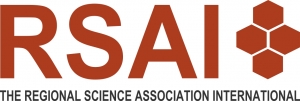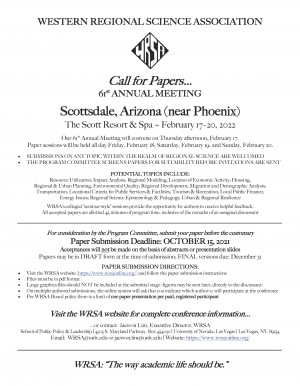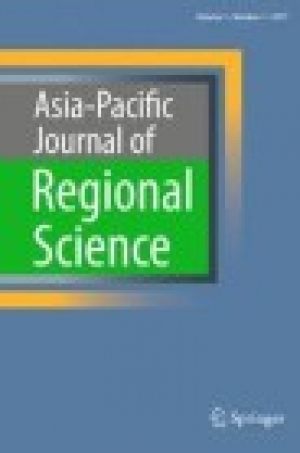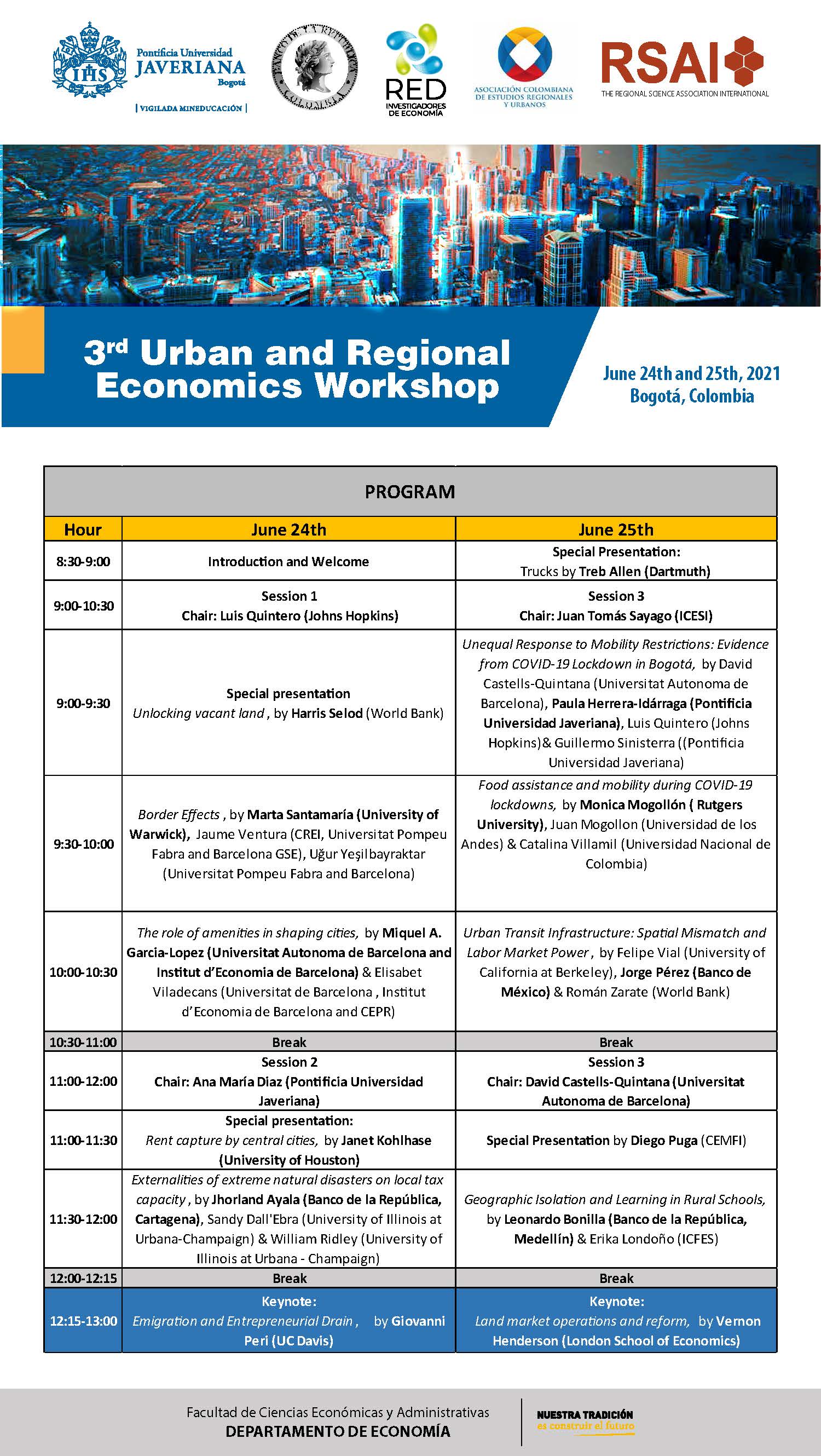A special issue on Local Informal Institutions and Inequality is scheduled for publication in November 2022.
The global economy, despite experiencing various crises, has been consistently growing. It can be argued that human well-being, on average, has steadily been improving. This can be observed from the increasing average income per capita and life expectancy globally. Severe inequality in human development, however, persists in many parts of the world. Research to understand the underlying causes of this inequality continues. Several determinants have been confirmed, such as lack of access to quality education, social safety nets and health facilities.
One factor that is less discussed is the role of local informal institutions in creating or reducing the human development gap among people where these institutions exist. Local informal institutions refer to norms or beliefs adopted by a society which can strictly divide the society into several social classes, castes, or groups. Examples of these institutions would be feudalism, conservative religiosity, and racism. These norms have been adopted for a long time and in many cases have been integrated with local culture. In many parts of the world, both in developed and developing countries and in different forms, these local informal institutions are still intact. Despite the existence of modern/government institutions, societies are still practicing them. They sometimes are also called local cultural, traditional or social institutions.
Some sources have argued that these kinds of institutions, such as caste and racism systems, create human development gaps. Others could not confirm this conclusion. This special issue wishes to discuss deeper elements of local informal institutions that explain the increase or decrease in human development inequality, and collect empirical evidence showing the role of local informal institutions in inducing or reducing human capital gaps among members of the society adopting the institution. We are calling for all empirical analyses, independent of place or time, which can help the understanding of the complex issues of informal institutions and human development inequality. Spatial works on these issues are particularly welcome.
Authors are kindly invited to submit their papers no later than 31st January, 2022, to the Editor of the Asia-Pacific Journal of Regional Science (APJRS). The submission website is: https://www.editorialmanager.com/ajrs/default.aspx.
All manuscripts will be refereed under the usual standard of APJRS. Once a manuscript has been accepted after review, it will be quickly released online with a DOI, which means that earlier submissions might be published online earlier, even if the publication schedule of the printed version is set.
Please follow the Instructions for Authors of the APJRS in preparing your manuscript. For the tracking of submissions, please select the special feature titled Local Informal Institutions and Inequality at the “Select Article Type” stage.
Special Issue Editors:
Budy P. Resosudarmo, Professor at the Australian National University
Arief A. Yusuf , Professor at the Universitas Padjadjaran

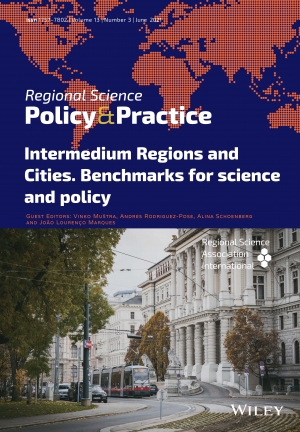

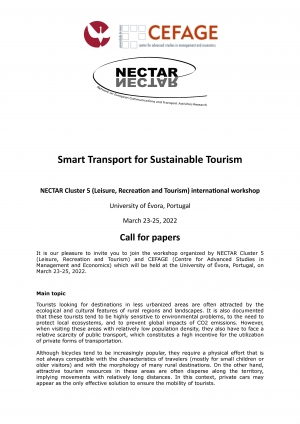

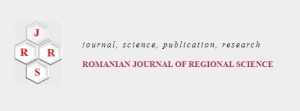
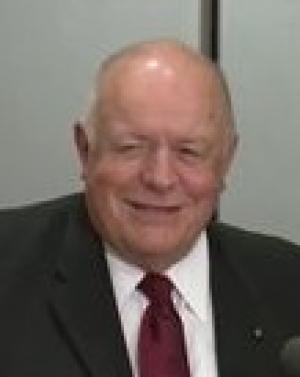
 Prof. Kingsley Haynes, GMU, has been unanimously acclaimed by the jury, made up of Eduardo Haddad, Serena Erendira, Roberta Capello, and Bob Stimson, winner of 2021 Hirotada Kohno Award.
Prof. Kingsley Haynes, GMU, has been unanimously acclaimed by the jury, made up of Eduardo Haddad, Serena Erendira, Roberta Capello, and Bob Stimson, winner of 2021 Hirotada Kohno Award.